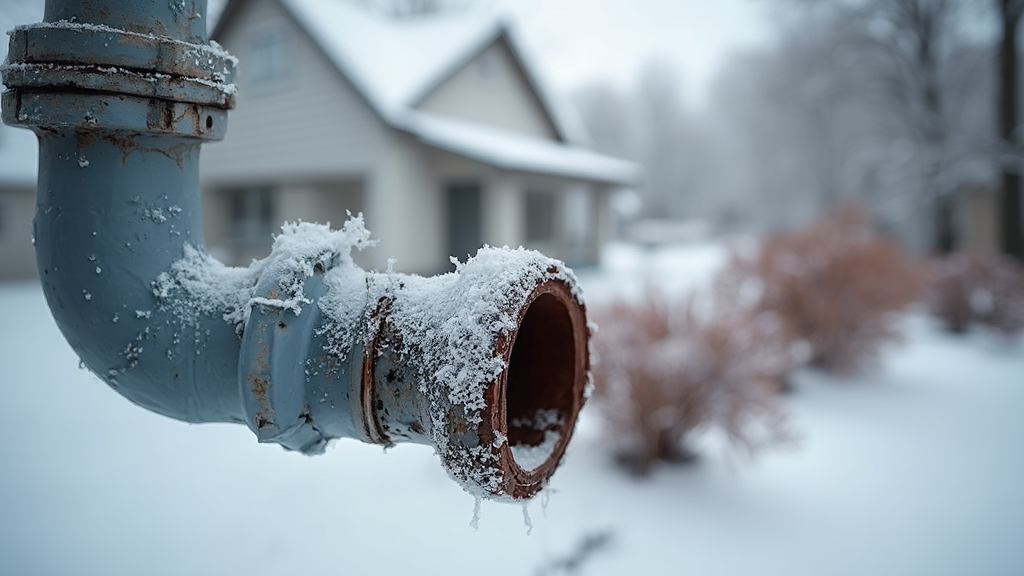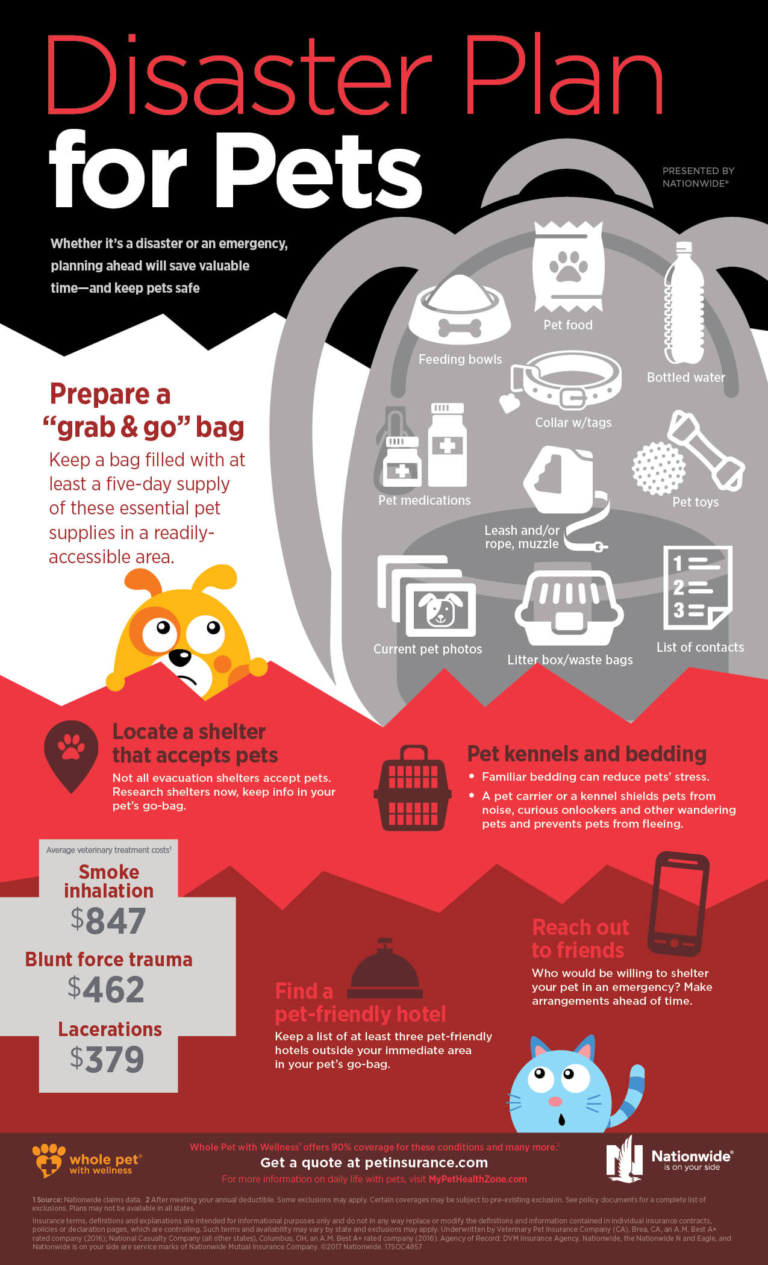Plumbing Disasters Prevention: Essential Home Tips
Plumbing disasters prevention is a vital aspect of homeownership that every homeowner should prioritize. Burst pipes and leaks can lead to not just inconvenience but also substantial water damage, which can be both costly and stressful. Understanding how to stop pipe bursts and implementing effective home plumbing maintenance tips can significantly mitigate these risks. By taking proactive steps, such as insulating pipes for winter and regularly monitoring water pressure, you can protect against water damage before it occurs. Embracing these preventive measures ensures a safer, more comfortable living environment for you and your family.
Safeguarding your home’s plumbing system is essential to avoid unexpected mishaps and costly repairs. By focusing on plumbing disaster prevention strategies, homeowners can effectively diminish the chances of experiencing severe plumbing issues. This includes understanding how to manage pipe integrity and prevent clogs, which are critical for maintaining a functional plumbing system. Additionally, utilizing home maintenance techniques such as sealing drafts and monitoring water pressure can help in protecting against potential plumbing emergencies. Ultimately, a proactive approach to plumbing care not only preserves your property but also enhances overall home safety.
Essential Home Plumbing Maintenance Tips
Maintaining your home’s plumbing system is crucial for preventing costly repairs and ensuring the longevity of your pipes. One of the most effective strategies is to schedule regular inspections with a licensed plumber. These inspections can identify early signs of wear, corrosion, or leaks that could escalate into major issues if left unaddressed. Additionally, homeowners should be proactive about performing routine maintenance tasks, such as checking for any unusual water pressure fluctuations and ensuring that all shut-off valves are functional and easily accessible.
Another vital aspect of home plumbing maintenance is keeping your drains clear of debris. This involves practicing good habits like using drain screens to catch hair and food particles and avoiding the disposal of grease or non-biodegradable items down the sink. Regularly cleaning your drains with natural solutions like baking soda and vinegar can also help dissolve buildup before it leads to clogs. By integrating these maintenance tips into your routine, you can significantly reduce the risk of plumbing disasters.
Preventing Plumbing Disasters: Insulating Pipes for Winter
One of the most effective ways to prevent plumbing disasters during the colder months is by insulating your pipes. Frozen pipes can burst, leading to extensive water damage and costly repairs. To safeguard your plumbing, consider using pipe insulation sleeves or heat tape, which help maintain the necessary temperature within the pipes. This is especially important for pipes located in unheated areas like basements or attics, where the risk of freezing is greater. Proper insulation is a simple yet crucial step in protecting your home from the devastating effects of winter.
In addition to insulation, homeowners should take extra measures to prevent cold drafts from reaching their plumbing. This includes sealing any gaps or cracks in walls and windows, and maintaining a consistent interior temperature even during periods of absence. Allowing faucets to drip slightly on extremely cold nights can also relieve pressure within the pipes, further decreasing the risk of freezing. By combining insulation efforts with these preventive strategies, you can create a robust defense against plumbing disasters this winter.
Monitoring Water Pressure to Prevent Pipe Bursts
Maintaining optimal water pressure is essential for protecting your plumbing system from damage. Excessive water pressure can lead to leaks and ruptures, especially at vulnerable points like joints and connections. Homeowners should invest in a pressure gauge to regularly monitor water pressure levels; this allows for early detection of any abnormal fluctuations that could indicate underlying issues. Ideally, water pressure should remain below 80 psi to prevent undue stress on your pipes.
If you find that your water pressure exceeds the safe limit, installing a pressure-reducing valve can be a prudent solution. This device will help maintain pressure at an appropriate level, prolonging the lifespan of your plumbing fixtures and reducing the likelihood of leaks. Regular checks and adjustments to your water pressure are key components in your home maintenance routine that can save you from expensive repairs in the long run.
Effective Strategies for Preventing Clogs in Your Drains
Clogged drains are a common plumbing issue that can lead to significant inconvenience and costly repairs. To prevent clogs from forming, it’s essential to adopt good habits, such as using drain screens to capture hair and debris, and avoiding the disposal of grease or food scraps down the sink. Additionally, educating your family about what can and cannot be flushed down the toilet is vital to preventing blockages. Items like wipes, dental floss, and feminine hygiene products should never be flushed, as they can accumulate and cause significant plumbing issues.
Regular cleaning of your drains is another effective preventive measure. Utilizing natural cleaning solutions like baking soda and vinegar can help dissolve buildup and keep pipes clear. For persistent clogs that resist home remedies, don’t hesitate to contact a professional plumber. They can conduct thorough inspections and provide solutions to ensure your plumbing system operates smoothly. By implementing these strategies, you can enhance your plumbing’s efficiency and ward off potential disasters.
The Importance of Knowing Your Home’s Shut-Off Valves
In any plumbing emergency, knowing the location of your home’s shut-off valves can save you from extensive water damage. Every homeowner should familiarize themselves with the main water shut-off valve and the individual fixture valves throughout the house. In the event of a burst pipe or severe leak, being able to quickly turn off the water supply can minimize damage and facilitate prompt repairs. Ensure that all family members know how to operate these valves to act swiftly during emergencies.
Regularly check and maintain the functionality of your shut-off valves as part of your plumbing care routine. If you find any corrosion or difficulty in operating the valves, consider contacting a plumber for assistance. Keeping these valves in good condition and ensuring that they are accessible will give you peace of mind and control over your plumbing system, especially during unexpected situations.
Understanding the Risks of High Water Pressure in Your Plumbing System
High water pressure can wreak havoc on your plumbing system, leading to leaks, bursts, and costly repairs. It’s essential to understand the risks associated with excessive pressure, which can cause undue strain on pipes, particularly at joints and fittings. Homeowners should monitor their water pressure regularly, looking out for signs of stress such as dripping faucets or water stains on walls. Taking proactive measures can help you avoid the headaches associated with plumbing disasters.
If your water pressure exceeds 80 psi, it’s crucial to take action. Installing a pressure-reducing valve can help maintain safe pressure levels and protect your plumbing system from damage. Regular maintenance checks and monitoring your water pressure will not only prolong the life of your pipes and fixtures but also keep your home safe from the adverse effects of plumbing disasters.
Home Insurance: Protecting Against Plumbing Disasters
Despite your best efforts to prevent plumbing disasters, accidents can still happen. That’s why investing in comprehensive home insurance is vital for homeowners. A good insurance policy can provide financial protection against damages caused by plumbing issues, including burst pipes and water leaks. It’s important to regularly review your policy to ensure it covers plumbing-related damages adequately, so you’re not left vulnerable in case of an emergency.
When selecting home insurance, consider policies that specifically include water damage coverage. This can give you peace of mind knowing that if a plumbing disaster occurs, you won’t face overwhelming repair costs. Work with your insurance agent to understand the specifics of your coverage and make adjustments as necessary. By securing the right insurance policy, you can safeguard your home and belongings against potential plumbing mishaps.
Scheduling Professional Inspections: A Key to Plumbing Health
Regular professional inspections are a crucial aspect of maintaining a healthy plumbing system. A licensed plumber can identify potential issues that homeowners may overlook, such as corrosion, leaks, and deteriorating pipes. Scheduling annual inspections allows for early detection and prevention of significant plumbing disasters, ultimately saving you time and money on repairs. These professionals can also provide valuable advice on home plumbing maintenance tips to keep your system functioning optimally.
In addition to inspections, professional plumbers can perform routine maintenance tasks, such as flushing water heaters and checking sump pumps. This proactive approach to plumbing care can help extend the life of your system and reduce the chances of emergencies. Don’t wait for a plumbing disaster to occur; invest in regular inspections and maintenance to ensure the integrity of your home’s plumbing.
Understanding the Causes of Plumbing Disasters
To effectively prevent plumbing disasters, it’s essential to understand their common causes. Issues such as frozen pipes, high water pressure, and clogged drains can lead to significant damage if not addressed promptly. For instance, pipes that freeze during winter can burst, causing extensive water damage and mold growth. Similarly, high water pressure can strain your plumbing system, resulting in leaks and ruptures that could otherwise be avoided.
By educating yourself about these risks, you can take proactive measures to mitigate them. Implementing simple solutions such as insulating your pipes, monitoring water pressure, and maintaining clean drains can significantly reduce the likelihood of plumbing emergencies. Being informed and prepared allows you to safeguard your home effectively against plumbing disasters.
Frequently Asked Questions
What are effective methods for preventing plumbing disasters in my home?
Preventing plumbing disasters in your home involves regular maintenance and proactive measures. Start by insulating pipes to protect against freezing during winter. Conduct routine checks for leaks and corrosion, monitor water pressure to avoid excessive strain, and practice good drain maintenance to prevent clogs. Additionally, familiarize yourself with your shut-off valves for quick action during emergencies.
How can I stop pipe bursts during winter months?
To stop pipe bursts during winter, focus on insulating your pipes, especially in unheated areas like basements and attics. Use pipe insulation sleeves or heat tape to keep pipes warm. Seal any drafts around windows and doors to maintain a consistent interior temperature. Allow faucets to drip slightly during extreme cold to relieve pressure and prevent freezing.
What home plumbing maintenance tips can help protect against water damage?
Home plumbing maintenance tips to protect against water damage include regularly inspecting pipes for leaks, monitoring water pressure to prevent excessive strain, and cleaning drains to avoid clogs. Schedule annual inspections with a licensed plumber to catch potential issues early. Additionally, ensure your shut-off valves are accessible in case of emergencies.
How does insulating pipes for winter help in preventing plumbing disasters?
Insulating pipes for winter is crucial in preventing plumbing disasters because it protects against freezing temperatures. When water freezes, it expands and can cause pipes to crack or burst. By using pipe insulation sleeves or heat tape, you maintain warmth around the pipes, reducing the risk of freezing and the costly repairs associated with burst pipes.
What are the signs that indicate I need to take action to prevent plumbing disasters?
Signs that indicate you need to take action include noticeable leaks, unusual increases in water bills, frequent clogs, and high water pressure readings. Additionally, look for signs of water damage, such as mold growth or discoloration on walls. If you notice any of these issues, it’s essential to consult a licensed plumber to address potential plumbing disasters.
Why is monitoring water pressure important for preventing plumbing disasters?
Monitoring water pressure is important for preventing plumbing disasters because excessive pressure can lead to leaks, bursts, and significant water damage. It puts strain on pipes and fixtures, especially at weak points like joints. By using a pressure gauge and regulating pressure to safe levels (below 80 psi), you can prolong the lifespan of your plumbing system and reduce the risk of emergencies.
What preventive measures can I take to avoid clogged drains?
To avoid clogged drains, practice good maintenance by not disposing of grease, oil, or food scraps down the sink. Use drain screens to catch hair and debris, and regularly clean drains with natural remedies like baking soda and vinegar. Be mindful of what you flush down toilets, avoiding non-biodegradable items that can cause blockages.
How can I prepare for plumbing emergencies in my home?
Prepare for plumbing emergencies by knowing the locations of your main shut-off valve and individual fixture valves. Ensure all family members are aware of how to operate these valves. Additionally, invest in comprehensive home insurance coverage that includes plumbing-related damages, and schedule regular professional inspections to identify potential issues before they become emergencies.
| Key Point | Details |
|---|---|
| Insulate Your Pipes | Use insulation sleeves and heat tape to protect pipes from freezing during winter. |
| Understanding the Risks | Frozen pipes can crack or burst due to pressure from expanding ice, leading to significant damage. |
| Choosing the Right Insulation | Select insulation materials suited for your pipes’ diameter and material for better protection. |
| Installation Techniques | Wrap insulation snugly around pipes, especially at joints, and seal any gaps to prevent heat loss. |
| Additional Measures | Seal drafts, maintain consistent interior temperatures, and allow faucets to drip during cold spells. |
| Regular Maintenance | Schedule inspections and replace worn insulation to maintain plumbing integrity. |
| Monitoring Water Pressure | Regularly monitor water pressure to prevent leaks and damage due to excessive strain. |
| Installing a Pressure Gauge | Use a pressure gauge on your main water line to monitor water pressure regularly. |
| Regulating Water Pressure | Install a pressure-reducing valve if pressure exceeds 80 psi to protect your plumbing. |
| Preventing Clogs | Practice good drain maintenance to avoid blockages that can disrupt plumbing flow. |
| Seeking Professional Assistance | Consult a licensed plumber for persistent clogs or drainage issues. |
| Schedule Professional Inspections | Book annual inspections to spot potential plumbing problems early. |
| Know Your Shut-Off Valves | Locate and familiarize yourself with shut-off valves to quickly minimize damage during emergencies. |
| Invest in Home Insurance | Ensure your home insurance adequately covers plumbing-related damages. |
Summary
Plumbing disasters prevention is essential for every homeowner to avoid costly repairs and stress. By implementing proactive measures like insulating pipes, monitoring water pressure, and conducting regular maintenance, you can significantly reduce the likelihood of plumbing emergencies. Always be prepared with knowledge about your plumbing system and ensure you have adequate home insurance to protect against unforeseen events. Taking these steps today will safeguard your home tomorrow.







